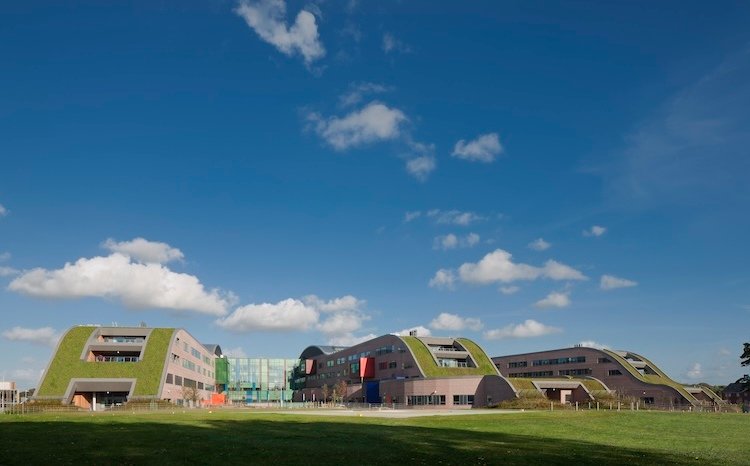Overview
Alder Hey Children’s NHS Foundation Trust has unveiled a comprehensive AI strategy aimed at improving healthcare services for children and young people. This initiative was announced on July 25, 2025.
Key Components of the Strategy
- Virtual Assistants: Designed to assist families with personalized routine care, including:
- Appointment scheduling
- Medication reminders
- Post-care guidance
- Symptom checking
- Predictive Models: To facilitate early diagnosis and identify risks such as deterioration or readmission, enabling timely interventions.
Alignment with National Health Goals
This strategy is in line with the NHS 10-Year Health Plan, released on July 3, 2025, which emphasizes the modernization of the NHS through AI and other technologies.
Statements from Leadership
Kate Warriner, Chief Transformation and Digital Officer at Alder Hey, stated:
“Through our strategy, we are making a commitment to harness the power of AI to empower children, young people, families, and our colleagues at Alder Hey. AI will support our teams by simplifying routine tasks, offering real-time insights, and automating notifications, which will help reduce burnout and allow more time for exceptional care.”
Administrative Efficiency
The strategy aims to enhance staff efficiency by:
- Implementing ambient AI for speech-to-text transcription and summarization of consultations.
- Utilizing personal AI assistants to optimize daily tasks and scheduling.
Pilot Program Insights
Since January 2025, Alder Hey has been piloting the AI scribe Lyrebird Health, which records conversations between parents and clinicians to generate notes for electronic patient records. Key outcomes include:
- Over 11,000 consultations recorded.
- Positive feedback indicating improved staff experience and reduced administrative burden.
Advancements in Diagnostics
The strategy also focuses on:
- Developing AI-driven medical imaging solutions.
- Utilizing real-world data for rare disease detection.
- Leveraging genomics for early diagnosis and tailored treatment plans.
- Testing AI capabilities in diagnosing neurodevelopmental and cardiac conditions in fetal medicine.
- Real-time monitoring of vital signs through wearables.
Future Goals
John Grinnell, Chief Executive at Alder Hey, emphasized the need for:
“Faster, more personalized care that is closer to home. We must evolve to provide healthcare services that are fit for the future.”
Alder Hey anticipates that the strategy could lead to:
- A 20-30% reduction in administrative tasks for clinicians, freeing up 4-6 hours per week for direct clinical interaction.
- Annual cost savings or productivity increases of 5-15%.
- Improved diagnostic accuracy by 15-20%, potentially preventing 100-200 adverse events annually.
- A 15-20% reduction in waiting times through AI-optimized scheduling and resource allocation.
